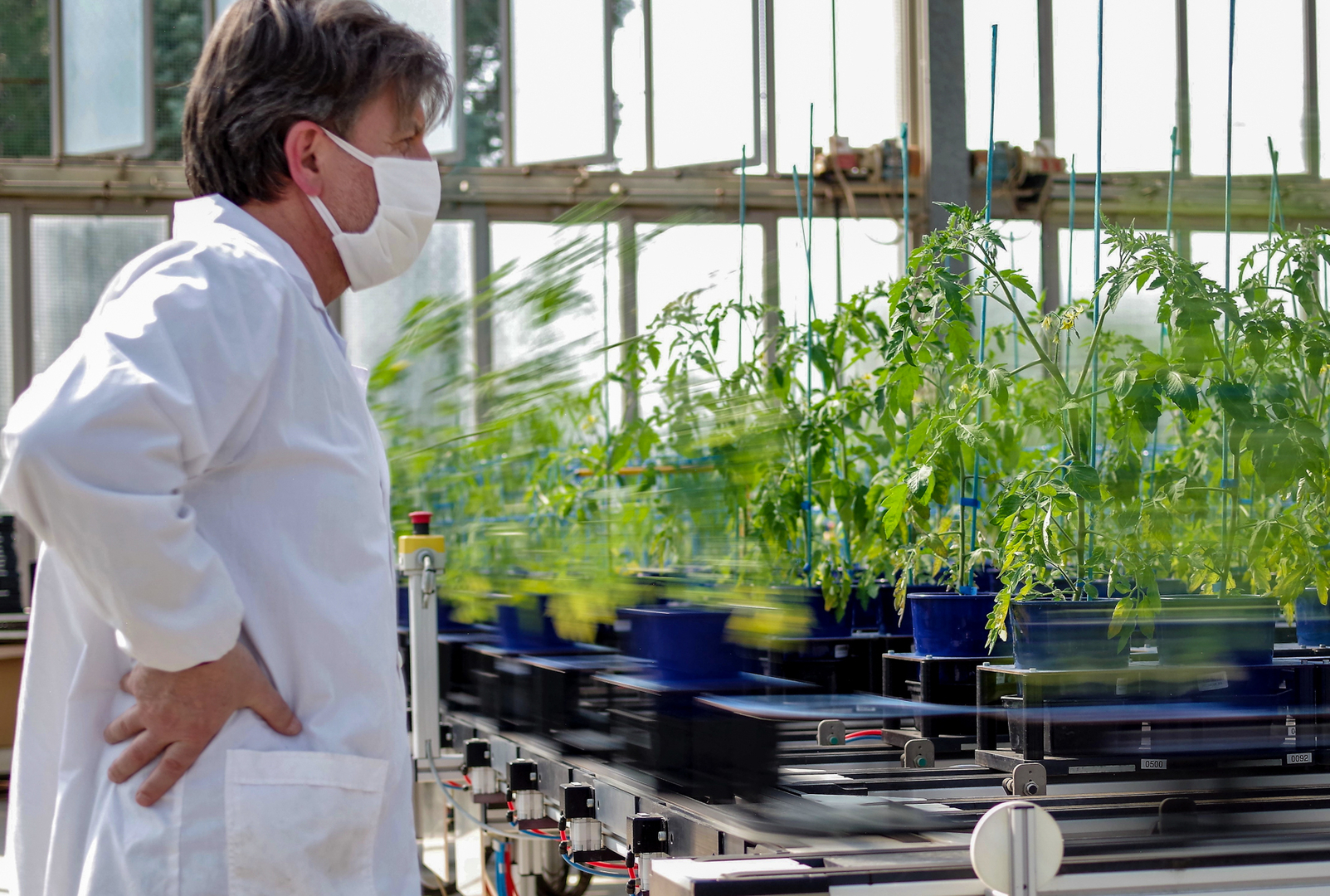Final EPPN2020 call for transnational access now closed

The EPPN2020 project has provided transnational access for researchers from public and private sectors from Europe and beyond to 31 state-of-the-art plant phenotyping installations, techniques and methods from 15 different institutions across Europe. Calls for transnational access to these installations were released at regular intervals between 2018 and 2021, and the sixth and final call has now closed. Throughout the project period 198 applications were submitted and based on external and independent review process 152 transnational access experiments were successfully implemented.
These have addressed a wide range of scientific questions that focused on the assessment of the response of crops to environmental cues such as water and nutrient availability. User groups performing the access experiments originated from 40 different countries with 13% of experiments performed by users from outside of Europe. Of all scientists carrying out the access experiments 45% were female.
The EPPN2020 advance community project and the EPPN starting community proposal have thus far resulted in nearly 100 peer-reviewed publications, and this number is expected to substantially increase within the next months and years.
The EPPN2020 project has also developed novel applications for the whole phenotyping community, in particular tools for estimating the spatial distribution of light and temperature in greenhouses and growth chambers, for establishing experimental designs in the same conditions, for correcting for the spatial variability of phenotypic variables along time and for identification of outliers.
Within the framework of the project, information systems for European local infrastructures have been designed and deployed in such a way that data are Findable, Accessible, Interoperable and Reusable (FAIR), together with training tools for standardized variable names and for identification of all objects in experiments.
Finally, the project has generated a list of variables involved in phenotyping, together with brands that commercialize corresponding sensors. All these tools are available on the EPPN2020 website.
The EPPN2020 success story will continue within the services of the ESFRI research infrastructure EMPHASIS that aims at a sustainable and long-term provision of access to installation, data and other resources.
